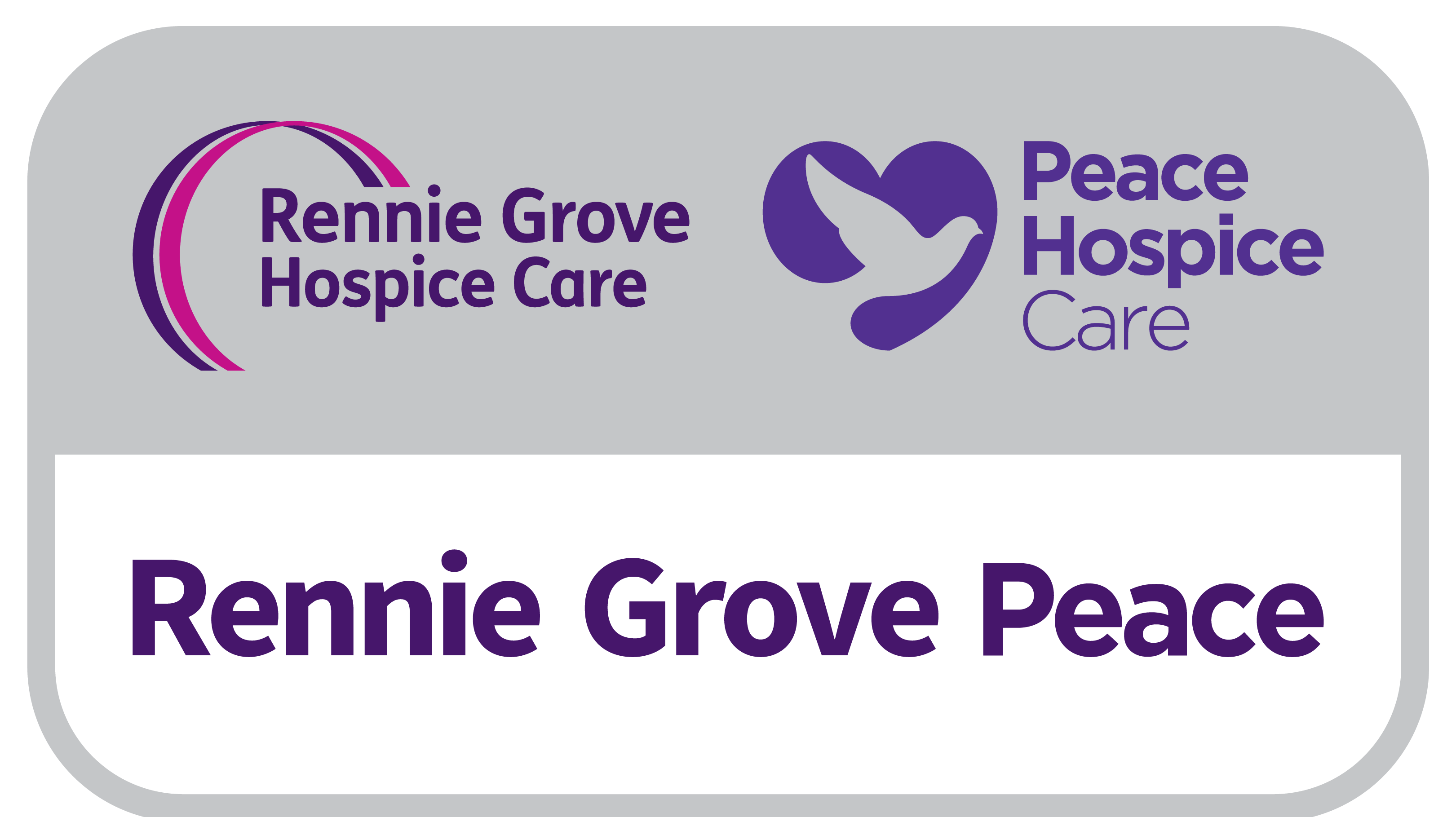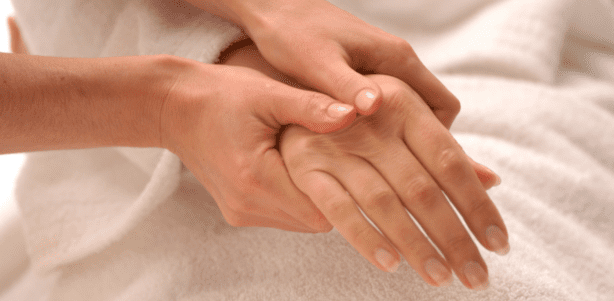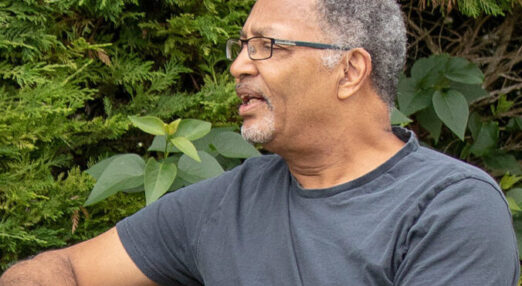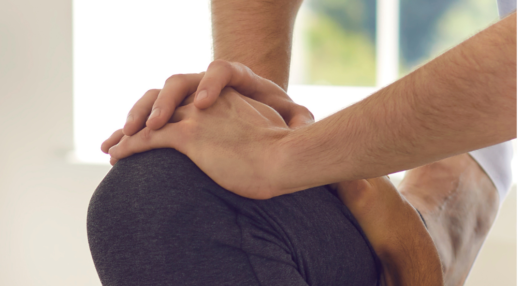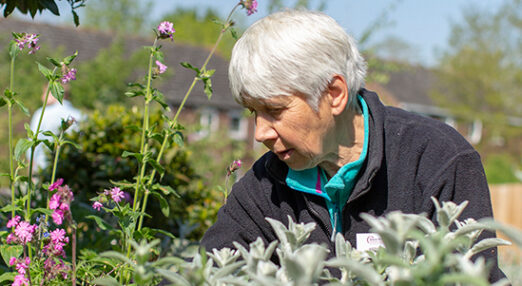
Who can use this service? Rennie Grove Peace patients, carers and family members
When is this service available? Monday to Friday, 9am to 4pm
Where is the care provided? In patients’ homes across Bucks and Herts (virtually or in person) and at Grove House in St Albans
About our Complementary Therapy
If you have cancer or another life-limiting illness, or are caring for someone who does, complementary therapy can help.
Complementary therapy can be very relaxing. In addition to helping dispel tension, it can reduce pain and promote emotional wellbeing. It may also help with specific symptoms or side effects of illness or cancer treatment, such as nausea, digestive problems or difficulty sleeping.
At Rennie Grove Peace, a team of fully qualified volunteer therapists can provide complementary therapy for our patients, carers and family members.
We offer a range of different therapies, although some are only available in certain locations. We’ll assess your needs and answer any queries you might have. Then we offer a series of four treatments at a time and place of your choice.
You can learn more about the therapies we offer and how to access them below.
The range of complementary therapies currently available include:
Massage: A gentle massage can help you relax and can relieve muscle tension. It may help to lift your mood, and, for some people, it can improve sleep patterns. You can experience these benefits even when only a small area of the body is massaged, such as the hands, feet or lower legs.
Reiki: an ancient Japanese therapy based on the principle of channelling natural energy flow throughout the body. Reiki can help to restore physical and emotional wellbeing and is soothing and relaxing.
Reflexology: a specialised form of foot or hand massage, where gentle pressure is applied to specific reflex points on the feet or hands. Reflexology can help promote physical and emotional wellbeing and can bring about a feeling of deep relaxation.
Acupuncture: a therapy based on an ancient Chinese practice, where very fine needles are inserted into the skin on specific parts of your body. Acupuncture can alleviate pain for some people and promotes emotional wellbeing.
Scar Therapy: a therapy using non-invasive massage techniques to promote optimal healing of scars. Scar therapy can help release tightness, ease restricted mobility, and reduce sensitivity and pain, as well as supporting emotional wellbeing.
Group Relaxation Courses: a course which uses guided techniques to help relieve stress and promote rest and relaxation
Like all Rennie Grove Peace services, our complementary therapy is completely free of charge. It’s not means tested and there’s no cost to you. We can deliver the service thanks to the generosity of the local community. In short, donations, charity shop income and fundraising events cover around two thirds of our running costs.
If you would like to make a donation, please click below.
If you or a family member is under our care and you think you could benefit think you or a member of your family could benefit from our complementary therapies, just let us know. Here’s how you can get in touch:
- talk to your hospice at home nurse or day services nurse
- phone us on 01923 60 60 30
- email us at supportive.care@renniegrovepeace.org
- enquire in person at one of our Drop-in Sessions at Grove House in St Albans
"There is no greater reward than people telling me how much they have enjoyed their treatment. Patients and families find the treatments very helpful, relaxing and soothing. And I get to benefit by meeting lovely families and using my skills in a way that benefits people who are impacted by a life-limiting illness.”
Other topics you may find useful
-

Bereavement, Listening and Talking Therapies
Counsellors and trained listeners provide emotional support for those facing life-changing illness or bereavement.
Read more
-

Physiotherapy
Our physiotherapists help patients with life-changing illness stay active and independent.
Read more
-

Supporting Hands
The Supporting Hands service matches volunteers to patients and carers in need of companionship or practical support with everyday tasks.
Read more
